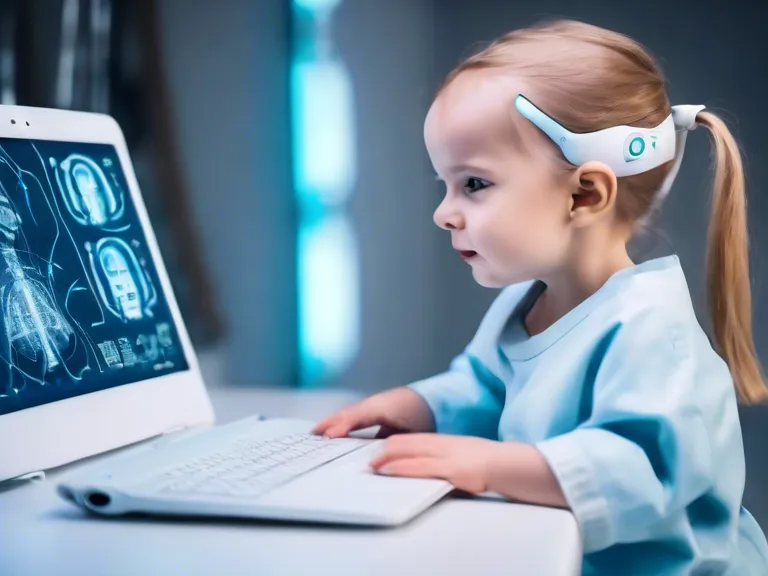
Artificial Intelligence (AI) and future technologies are set to revolutionize pediatric health and lifestyle. From personalized treatment plans to smart wearables for monitoring health, the possibilities are endless. Let's explore how these advancements will shape the future of healthcare for children.
One of the key ways AI will impact pediatric health is through personalized medicine. By analyzing a child's genetic makeup, AI can help doctors tailor treatment plans that are specific to their individual needs. This targeted approach can lead to more effective treatments with fewer side effects, ultimately improving outcomes for young patients.
In addition to personalized medicine, AI is also being used to develop innovative tools for monitoring children's health. Smart wearables like fitness trackers can track vital signs, activity levels, and even sleep patterns in real-time. This data can provide valuable insights to healthcare providers and parents, allowing them to proactively address any health concerns.
Furthermore, AI-powered chatbots and telehealth services are making healthcare more accessible to children. Parents can now consult with pediatricians remotely, saving time and reducing the need for in-person appointments. This not only improves convenience but also ensures that children receive timely medical attention when needed.
Looking ahead, future technologies like virtual reality (VR) and augmented reality (AR) are poised to transform the pediatric healthcare experience. These immersive technologies can be used to educate children about health and wellness in a fun and engaging way. For example, VR simulations can help kids understand complex medical procedures or encourage healthy habits through interactive games.
In conclusion, the integration of AI and future technologies in pediatric health and lifestyle is paving the way for a brighter, more personalized healthcare experience for children. With advancements in personalized medicine, smart wearables, telehealth services, and immersive technologies, the future of pediatric healthcare is looking extremely promising.


